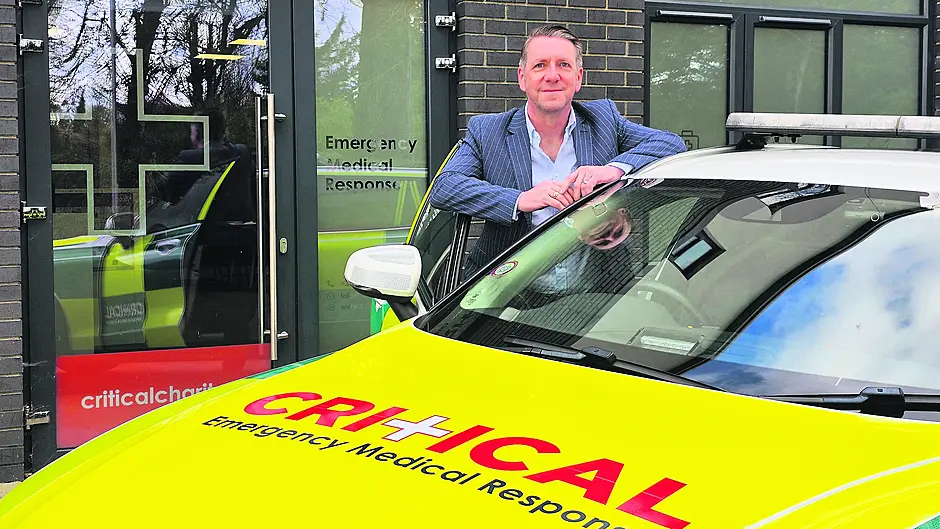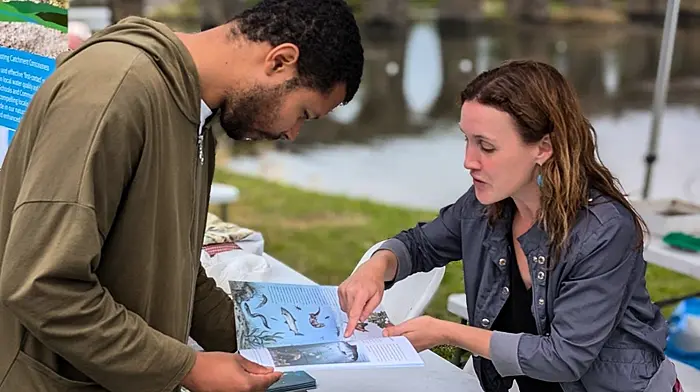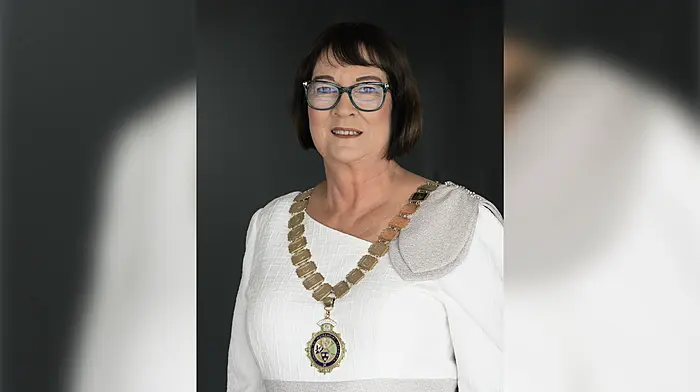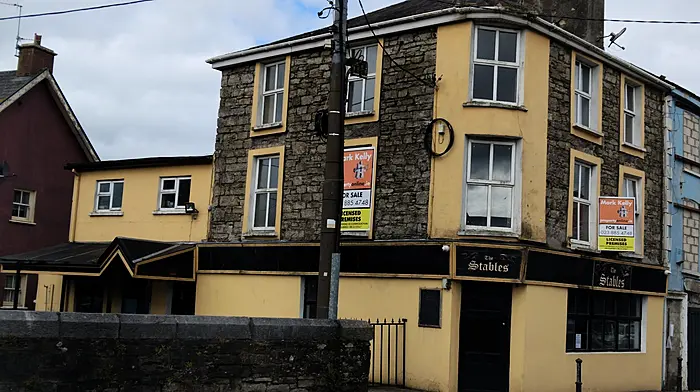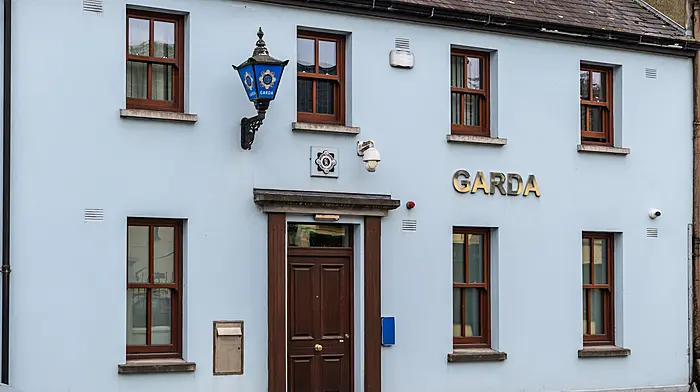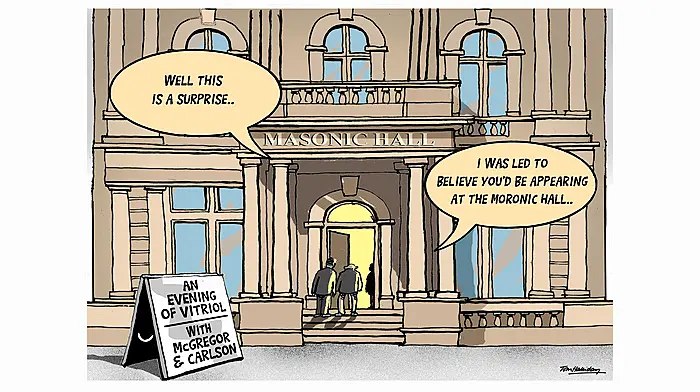A FORMER Red Cross volunteer who attended the tragic fire at London’s Grenfell Tower in 2017 has been named as new chief executive of emergency medical charity Critical.
David Tighe has worked in media and communications in Ireland and the UK for more than 30 years.
He spent seven years at Limerick’s Live 95 as programme director and chief executive and has since worked at firms including Bauer Media.
David was a volunteer with the British Red Cross’ Fire and Emergency Support Service for four years and received the Dunant Award which recognised service in the organisation for attending the Grenfell Tower fire in June 2017.
He also volunteered as an emergency responder with the Irish Coast Guard.
‘I am committed to expanding our network of emergency responders to even more communities across Ireland,’ he said.
‘It’s incredible to see the impact that volunteer responders can have in an emergency. I saw it in Grenfell and we witnessed it in Creeslough when our volunteer doctors raced to the scene. Every day our volunteers are responding to cardiac arrests, collisions and other life threatening emergencies. Their equipment is entirely funded by donations and fundraisers carried out by members of the public and we are very grateful.’
Critical was first established in 2009 as Irish Community Rapid Response.
The charity’s volunteers include consultants in emergency medicine who have been provided with emergency vehicles and the equipment necessary to care for the sickest and most seriously injured patients.
Critical has more than 70 medical responders made up of emergency medical technicians (EMTs), paramedics and other qualified personnel.
A partnership with the National Ambulance Service sees NAS staff off-duty responders volunteering with Critical to respond to emergencies in their local communities.

